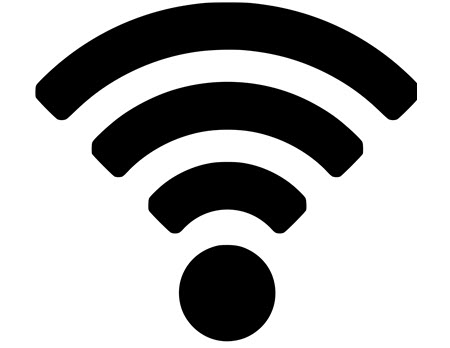Analyst: In Wireless ‘Clash of the Titans,’ Cable Wins
The smarter way to stay on top of the multichannel video marketplace. Sign up below.
You are now subscribed
Your newsletter sign-up was successful

SAN ANTONIO, Texas -- New Street Research managing partner Jonathan Chaplin said the cable business is going to look vastly different in the next five years.
“In five years you’re going to go think about this industry very differently,” Chaplin said at the NCTC Winter Educational Conference here Monday. “Today the wireless and cable industries have completely separate networks. In five years, those networks will be as one. The industries are going to converge as well.”
Read More: Additional Coverage of the NCTC Winter Educational Conference
Chaplin calls the coming wireless battle a Clash of the Titans, pitting large cable operators like Comcast and Charter against wireless behemoths like AT&T and Verizon Communications.
Both industries are putting their competitive toes in each other’s business, with Comcast and Charter Communications striking Mobile Virtual Network Operator (MVNO) agreements with Verizon Communications. Altice USA struck a similar deal with Sprint late last year and Cox Communications is expected to have a similar offering, most likely with Sprint at some point, Chaplin said.
MVNO agreements help make the economics of wireless better for cable operators, Chaplin said. He estimated that with their current MVNOs, Comcast and Charter can offer wireless service at the same cost as the No. 3 operator in the country, T-Mobile. As more and more voice traffic moves over IP and WiFi, those costs drop to the level of the No. 1 and No. 2 providers, Verizon and AT&T.
Lower costs mean a greater opportunity to offer disruptive pricing. And the advent of 5G will further lower those costs, as well as reducing dependence on MVNOs.
Chaplin estimated the wireless business is about twice the size of the cable business and that in the ensuing battle for customers, cable will win, gaining nearly $30 billion in wireless revenue, mostly at the expense of existing carriers. Those carriers will likely gain about $5 billion in broadband revenue, which will be offset by the wireless declines.
The smarter way to stay on top of the multichannel video marketplace. Sign up below.
